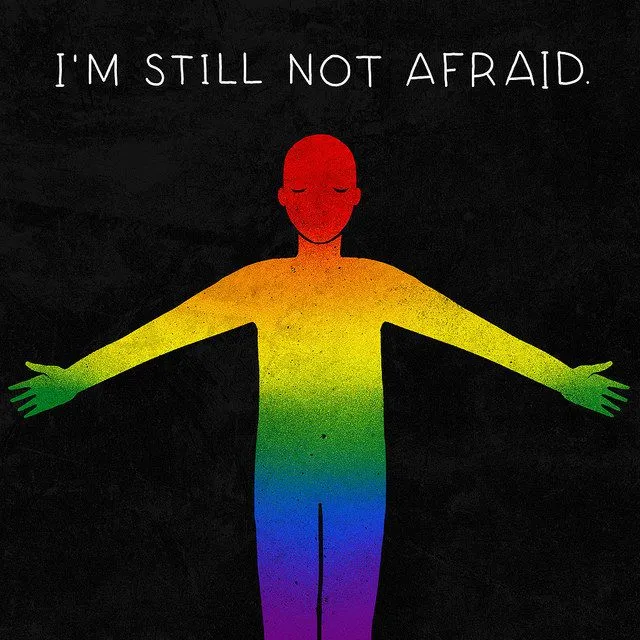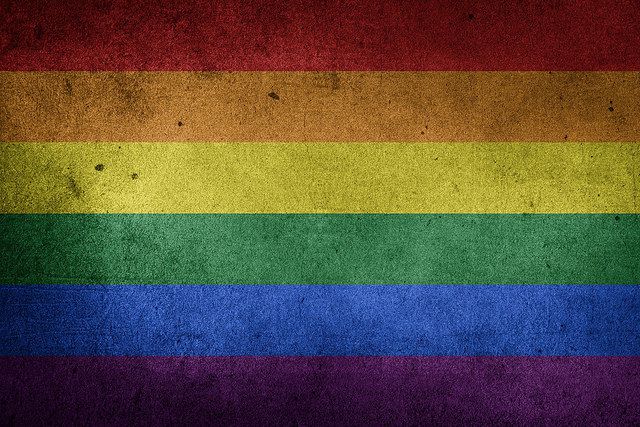Non-binary individuals may experience a range of gender identities, expressions, and experiences, and may feel like they exist somewhere in between or outside of the gender binary. They may also experience gender dysphoria, which is discomfort or distress related to the gender they were assigned at birth.
It’s important to recognise that non-binary identities are not a new phenomenon, and that people who identify with neither of the two traditional genders have always existed. However, there is a lack of representation and understanding of diverse identities in mainstream society, which can lead to individuals feeling misunderstood or marginalised.
One of the challenges that non-binary individuals may face is the lack of recognition and acceptance of their gender identity. They may struggle to find language and terms that accurately reflect their identity. And may face discrimination or prejudice from others who do not understand or accept their identity.
Non-binary individuals may also face practical challenges in their daily lives. Such as being misgendered or having to navigate a world that is designed around the gender binary. For example, they may struggle to find appropriate restrooms or face discrimination when applying for jobs or housing.
Beyond the Binary: Understanding and Supporting Non-Binary Individuals
It’s important to recognise that non-binary individuals have the right to exist and be respected. Regardless of whether or not their identity is understood or accepted by others. There are a few steps that can be taken to support non-binary individuals and create a more inclusive and understanding society:
- Use inclusive language: This may involve using gender-neutral terms like “they/them pronouns” or avoiding gendered language altogether. It’s important to listen to how each one describes their own identity and respect their preferences.
- Educate yourself: It’s important to learn about different gender identities and the experiences of non-binary individuals. This can involve reading articles, books, or talking to gender diverse individuals about their experiences.
- Be an ally: If you are not non-binary, you can still be an ally by standing up for their rights and advocating for them. This may involve challenging discrimination or prejudice when you see it, or supporting organisations that work towards LGBTQ+ equality.
- Create inclusive spaces: It’s important to create inclusive spaces that are welcoming and safe. This may involve implementing gender-neutral restrooms or language policies. Or simply making an effort to be inclusive and respectful of all identities.
Being non-binary is a valid and important aspect of identity. It’s important to recognise and respect the diversity of gender identities and expressions, and to create a more inclusive and understanding society. By using inclusive language, educating yourself, being an ally, and creating inclusive spaces, you can support non-binary individuals. Together, we can work towards greater equality and acceptance for all.
At Safe Place Therapy we are focussed on LGBTQ+ support. Organise your appointment now!



